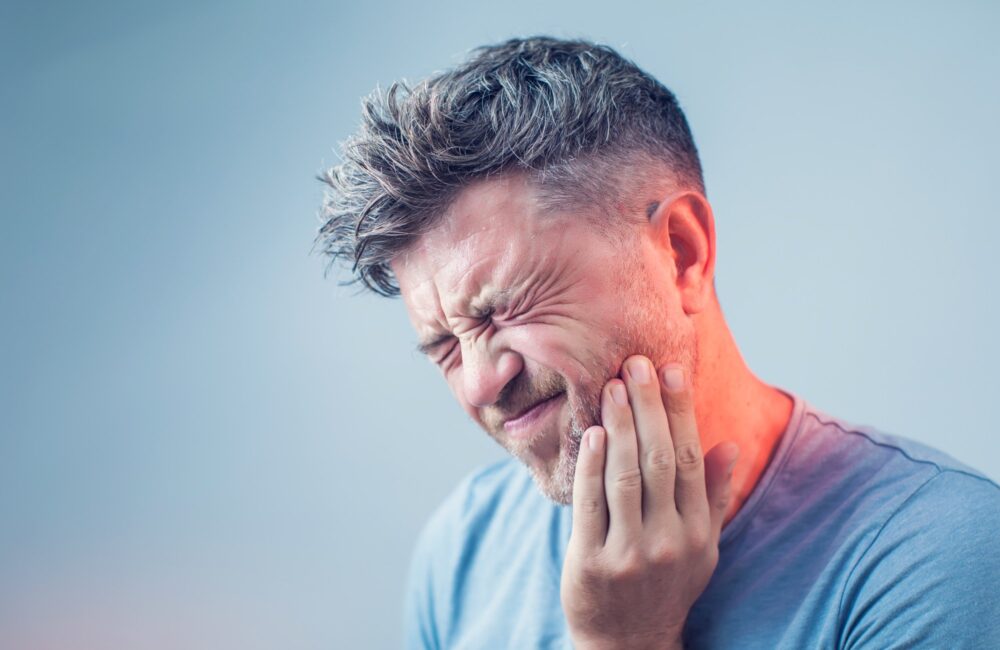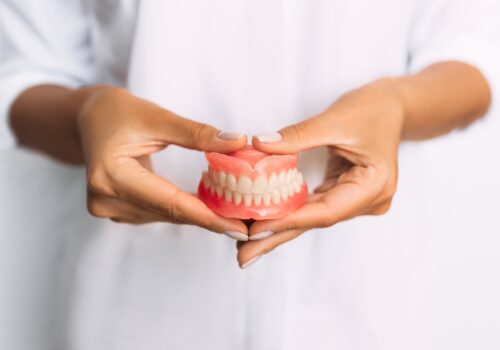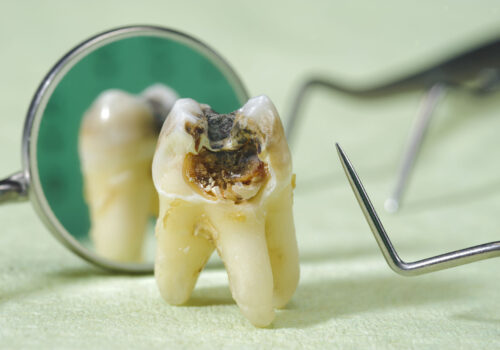
A dental emergency can strike at any moment, leaving you in pain and scrambling for solutions. Don’t panic! This guide equips you with the knowledge to effectively manage dental emergencies until you can see a dentist.
Recognizing a Dental Emergency:
Not all dental issues require immediate attention. However, certain situations necessitate prompt action to prevent further complications. Here are some signs of a dental emergency:
- Severe toothache: Throbbing or persistent pain can signal a serious underlying issue.
- Knocked-out tooth: Time is of the essence! Knowing how to act quickly can save your tooth.
- Cracked or chipped tooth: Depending on the severity, a cracked or chipped tooth can cause pain and increase your risk of infection.
- Dental abscess: This painful infection requires immediate treatment to prevent spreading. Signs include swelling, redness, and fever.
- Uncontrolled bleeding: Persistent bleeding after a dental procedure or injury can be a cause for concern.
Taking Action:
If you experience a dental emergency, here are some steps to take:
- Stay calm: Panicking won’t help. Assess the situation and take a deep breath.
- Contact your dentist immediately: Explain the situation and see if they can accommodate an emergency appointment.
- For knocked-out teeth: Act quickly! Locate the tooth, gently rinse it with milk or water (avoid scrubbing), and try to place it back in the socket. If that’s not possible, store the tooth in milk and head straight to the dentist.
- For severe pain: Over-the-counter pain relievers can offer temporary relief. Never place aspirin directly on your gums.
- For bleeding: Apply gentle pressure with a gauze pad to the bleeding area.
- For swelling: Apply a cold compress to the outside of your face to reduce inflammation.
Remember: These are just first-aid measures. Seeing a dentist as soon as possible is crucial for proper diagnosis and treatment.
Preventing Dental Emergency:
The best way to manage dental emergencies is to prevent them in the first place! Here are some tips:
- Maintain good oral hygiene: Brush twice daily, floss regularly, and schedule regular dental checkups and cleanings.
- Wear a mouthguard: If you participate in contact sports, a mouthguard protects your teeth from injuries.
- Be mindful of what you chew: Avoid chewing on hard objects like ice or candy that can damage your teeth.
- Address dental issues promptly: Don’t ignore minor dental problems, as they can worsen and become emergencies.
Taking Charge of Your Oral Health:
By understanding dental emergencies and knowing how to respond, you can navigate these situations effectively. Remember, prevention is key! Prioritize good oral hygiene and regular dental care to minimize the risk of emergencies and maintain a healthy smile.






